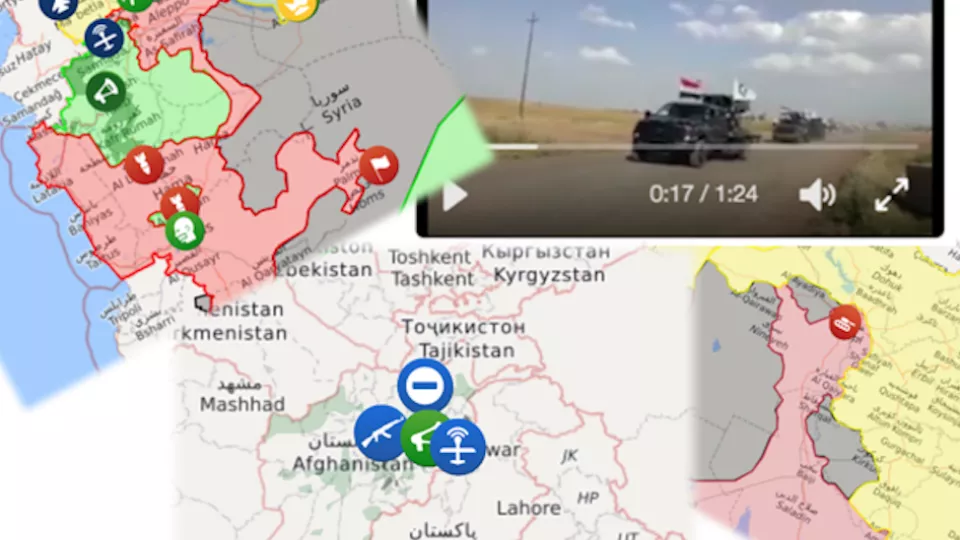This is an attempt to make teaching and training innovation developed in the context of the MA in Middle Eastern Studies, and in CMES and SASNET, accessible to users outside Lund University. Innovation in teaching and research has been at the heart of the MA in Middle Eastern Studies and the simulation course is just one instance of many such initiatives such a class-based Wikipedia editing project, a week of research on the field for the MA methods course and ethnographic work with asylum seekers as part of the assessment for a course on migration.
Andreas Johansson from SASNET and Spyros Sofos from CMES who are responsible for this initiative said:
"This is one of the main areas of joint activities that our institutions have been planning since SASNET joining CMES earlier this year. This is an exciting project that has become possible through the closer collaboration between CMES and SASNET. We are very pleased to be embarking on this initiative which will allow us to provide an accessible, holistic overview of aspects of politics in the broader Middle East by bringing together diverse country and region experiences spanning from Afghanistan and Central Asia to Syria and Iraq and all the way across North Africa and Europe. And, of course, it is part of our mission to make aspects of our research available outside academia, to the public and stakeholders".
